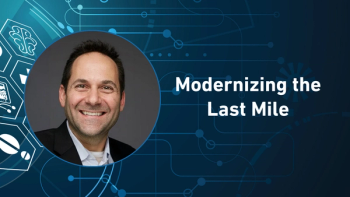
- Pharmaceutical Commerce - June 2009
Advocates of Diagnostic Testing for Personalized Medicine Press HHS for a Regulatory Framework
Personalized medicine is still more a potential than a reality
Just after she was accepted as secretary of HHS by Congress, Kathleen Sebelius was sent a letter from two groups representing a wide swath of diagnostics technology developers and patient advocates (108 in all). The letter petitions Sebelius to move ahead on developing a regulatory framework that would in effect validate genetic and other “advanced diagnostic testing” methods for healthcare providers.
According to the two groups, the Genetics and Public Policy Center and the Coalition for 21st Century Medicine, there are already more than 1,500 genetic and other tests in use by healthcare providers to analyze the interaction of patients and drugs. In 2007, then-secretary Mike Leavitt charged an advisory committee to make recommendations on a framework, but there has been no further action on its recommendations.
Industry sources indicate that there is little consensus on the value of the tests, and that quality of testing performed, and the relevance of the results obtained, vary significantly. The potential of personalized medicine rides on using these tests, and getting the testing in turns rides on the willingness of CMS and private payers to support them.
Among other things, the groups seek an oversight and rulemaking process from FDA, setting up a registry for laboratories, and validating their practices through the existing HHS Clinical Laboratory Improvement Amendments (CLIA) program.
Articles in this issue
over 13 years ago
Drug Wholesalers and the Generic Price Waralmost 16 years ago
Reverse Logistics Service Providers Deal with Safety and Environmentover 16 years ago
Surveying the Mental Health Medication Landscape - Part 1over 16 years ago
Eurand Scores With Orally-Disintegrating Form Of GSK's Lamictalover 16 years ago
3M Drug Delivery Expands Inhaler Optionsover 16 years ago
Smith Drug Co. Opens a Third Distribution Centerover 16 years ago
The Shape of the Electronic Medical Record Marketover 16 years ago
Pharma Gift, Marketing and Advertising Reporting Rules MultiplyNewsletter
Stay ahead in the life sciences industry with Pharmaceutical Commerce, the latest news, trends, and strategies in drug distribution, commercialization, and market access.




